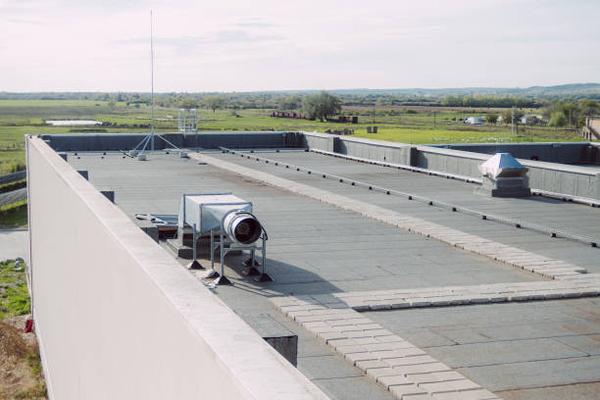It is also important to speak to a doctor before taking any probiotic supplements, as they can interact with certain medications. In conclusion, probiotics can be a helpful tool in relieving constipation. “The gut microbiota is a complex ecosystem of bacteria, fungi, and other microorganisms that live in the digestive tract. It plays an important role in digestion, immunity, and overall health. Unfortunately, an imbalance in the gut microbiota can lead to a variety of health issues, including constipation. Fortunately, probiotics can help restore balance and improve digestive health. Constipation is a common digestive disorder characterized by infrequent or difficult bowel movements.
An imbalance in the gut microbiota is also a common cause of best probiotic for constipation constipation. When the gut microbiota is out of balance, it can lead to an increase in harmful bacteria and a decrease in beneficial bacteria. This can lead to an increase in inflammation and a decrease in the production of digestive enzymes, which can lead to constipation. Probiotics are live microorganisms that can help restore balance to the gut microbiota. They can help increase the number of beneficial bacteria in the gut, which can help reduce inflammation and improve digestion.
Probiotics can also help reduce the number of harmful bacteria in the gut, which can help reduce the symptoms of constipation. In addition to taking probiotics, there are other lifestyle changes that can help restore balance to the gut microbiota and improve digestive health. Eating a diet rich in fiber, fruits, and vegetables can help promote the growth of beneficial bacteria in the gut. Limiting processed foods and sugar can also help reduce inflammation and improve digestion. Regular exercise and adequate sleep can also help improve digestive health. In conclusion, an imbalance in the gut microbiota can lead to constipation. Fortunately, probiotics can help restore balance and improve digestive health.














